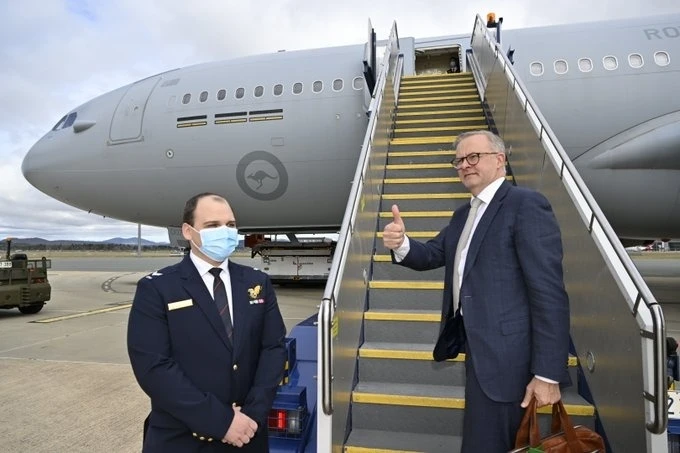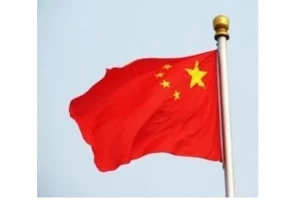New Australian Prime Minister Anthony Albanese had his first brush with Chinese belligerence after a Chinese fighter jet reportedly endangered an Australian reconnaissance plane around the South China Sea (SCS).
Just a few days earlier, the Chinese air force had harassed Canadian aircraft in the same region. The Canadian plane had to change course to avoid a collision.
On Sunday, news agency Bloomberg reported that at a press conference in Perth, Albanese said that his government had reached out to China “through appropriate channels.” He added: "The Department of Defence has for many decades undertaken maritime surveillance activities in the region and does so in accordance with international law, exercising the right to freedom of navigation and overflight in international waters and airspace,” Albanese said.
Albanese said: "This was not safe, what occurred, and we've made appropriate representations to the Chinese government expressing our concern", Australia's ABC News reported.
Extravagant Chinese claims on the SCS have turned the area into a zone of conflict with most of the South-East Asian nations opposing Chinese hegemony. Besides the 10-member grouping, China also has disputes with Taiwan and Japan in the region, spreading discomfort among the US and its allies.
On Sunday, the Australian Defence Ministry said that a Chinese J-16 fighter jet 'chaffed' an Australian P-8 surveillance plane which was on a routine mission in international airspace last month. Australian Defense Minister Richard Marles said that the Chinese fighter jet released flares and chaff that entered one of the Australian aircraft's engines. Chaff are tiny strips of aluminum or zinc released by military planes to confuse missiles or to sabotage pursuing aircraft.
Elaborating on the encounter, Marles told Australian media: "The J-16 aircraft flew very close to the side of the P-8 … in flying close to the side, it released flares".
Tensions between China and Australia are only mounting.
Last week China got a snubbing in the Pacific after the leaders of the tiny Pacific Island nations told Chinese Foreign Minister Wang Yi that they will not sign the draft proposal that Beijing had submitted for a security pact. Wang was on a 10-day long unprecedented mission to eight island nations but they wriggled out of a deal with China citing tensions with other powers and local pressing concerns like climate change and rising sea levels.
The Pacific island nations are traditionally close to Australia till China inked a security pact with Solomon Islands and its ambitions rose to bring the entire grouping into its sphere of influence.
Read More: Chinese company loses undersea cable project amid Beijing-Washington row




















